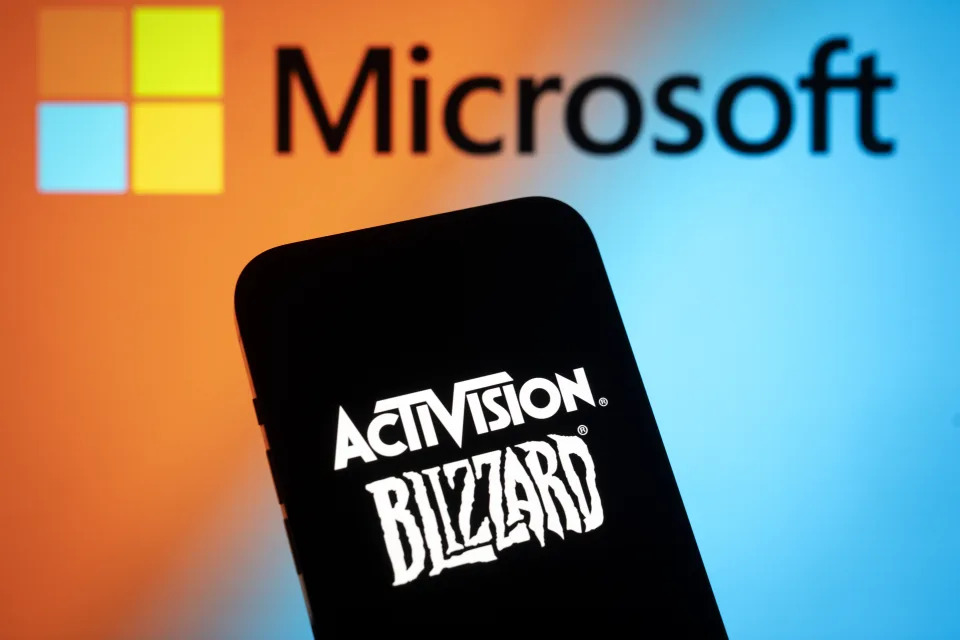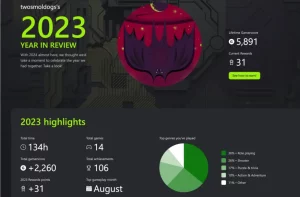The UK’s antitrust regulator has granted approval for Microsoft’s acquisition of Activision Blizzard for $68.7 billion after a prolonged series of negotiations. The regulator described Microsoft’s commitment to selling cloud gaming rights to Ubisoft as a “game-changing move that will foster competition.”
With the removal of the last major obstacle, the Competitions and Markets Authority (CMA) has now effectively paved the way for the completion of the largest merger in the history of the gaming industry. This decision was largely anticipated after the watchdog had indicated in September that the revised merger agreement addressed previous concerns and opened the door to clearance.
In April, the CMA initially blocked the deal, citing concerns that it would give Microsoft an overly dominant position in the cloud gaming sector. However, as various impediments to the deal were gradually removed, the CMA gave Microsoft an opportunity to address its concerns. The companies extended their merger agreement by three months to provide ample time to resolve matters with the CMA.
Subsequently, Microsoft presented an amended deal to the regulatory authority. Under this modified agreement, Microsoft would sell Activision Blizzard’s game streaming rights to Ubisoft if the merger is finalized. Ubisoft would then manage cloud streaming rights for current and future titles from Activision Blizzard over the next 15 years. Microsoft seemingly hoped that this concession would sufficiently address the regulator’s concerns, which indeed turned out to be the case.
While the CMA expressed some remaining concerns last month regarding the enforcement of Microsoft’s revised proposal, it acknowledged that Microsoft had provided assurances to make the terms of the sale of Activision’s rights to Ubisoft enforceable by the CMA.
The CMA emphasized its role in securing concessions from Microsoft, with its chief executive, Sarah Cardell, stating that the sale of Activision’s cloud streaming rights to Ubisoft would prevent Microsoft from having excessive control in this vital and fast-evolving market. She noted that this intervention would ultimately lead to competitive pricing, enhanced services, and greater choice as cloud gaming expands, highlighting the unique outcome achieved by the CMA.
While there were suggestions that European Union antitrust regulators might review the amended deal, EU officials had already approved the acquisition in May after Microsoft made certain concessions related to cloud gaming. The bloc’s competition regulators did not see a need for further investigation of the revised agreement.
Although a US court rejected the Federal Trade Commission’s attempt to temporarily halt the deal pending an administrative trial, the CMA, along with both involved companies, requested a tribunal to postpone Microsoft’s appeal against the UK regulator’s initial decision. Following the tribunal’s review of Microsoft’s updated proposal, the CMA has given its official approval for the merger. It appears that the deal is now on the verge of completion, marking one of the most significant tech mergers in recent memory.
However, there is still one potential obstacle to consider. The Federal Trade Commission (FTC) is continuing its efforts to challenge the deal. While this won’t prevent Microsoft from finalizing the acquisition, there is a possibility that the FTC could compel the company to divest some or all of its holdings in Activision Blizzard.




